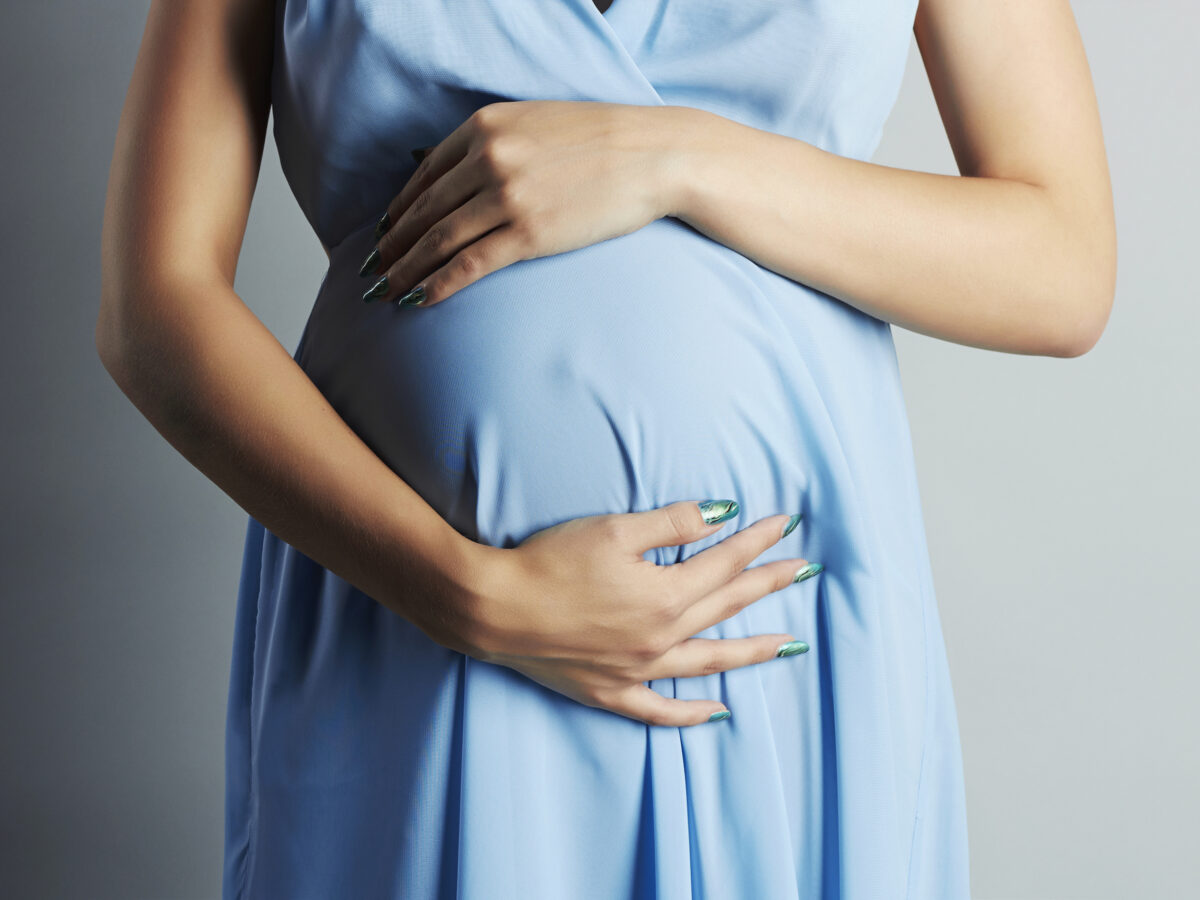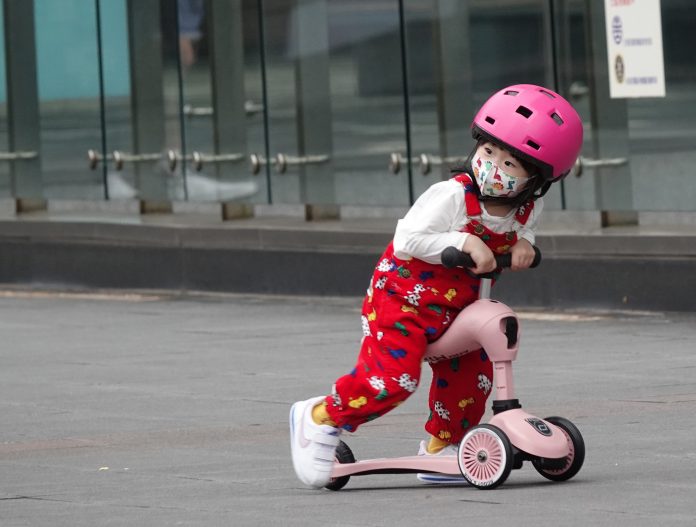

“What if we cannot provide for our child?” Luardo said.
/cloudfront-ap-southeast-2.images.arcpublishing.com/nzme/ONHHAYXOXW3HD3RYEBIYVWA6ZE.jpg)
She faces a future as an unemployed parent with a boyfriend struggling to earn money. Her prospects, like those of many new mothers around her, are daunting.
/do0bihdskp9dy.cloudfront.net/09-14-2023/t_5fedc333fad84587a0f82e6f6a8c61c9_name_t_ae72610158d442c0912526a7c3673255_name_file_1280x720_2000_v3_1_.jpg)
Luardo and her boyfriend opted for a calendar rhythm method to avoid pregnancy, considered one of the least effective forms of birth control. She said she refused to take birth control pills because a friend warned her falsely that they could cause ovarian cysts. Jovie Luardo, 21, is a patient at Fabella. “They believe these posts because the claim was they were based on personal experience.” “Social media posts about the inefficacy of implants, for example, discourage other women,” Pineda said. Health experts say it will take years, if not decades, to change the culture.Ĭaren Pineda, a nurse at Likhaan Center for Women’s Health, a nongovernmental organization promoting the protection of women’s sexual and reproductive rights, said myths about contraceptives persist, leading many women to resist modern family planning methods. And while abortion and the morning after pill remain outlawed, condoms and birth control pills are more readily available than ever. The new law did not significantly curtail births - the population growth rate between 20 declined to 1.52% compared with 1.73% between 20 - but it was encouraging. The underweight infant was separated from her mother, denying her breast milk that could have prolonged her life. The death of Reina Mae Nasino’s 3-month-old daughter, River, has sparked an uproar over President Rodrigo Duterte’s crackdown on human rights defenders. World & Nation A jailed Philippine activist is forced to attend her infant’s funeral in handcuffs and a hazmat suit The health and women’s rights advocate said the country’s health system has undergone a “Covid-ization,” which meant budgets for reproductive health programs were diverted to COVID-19, making it harder for women to access birth control during the lockdown. Women and children now face a “double crisis” bearing the brunt of the economic turmoil and health emergency, said Sen. The World Bank estimates 2.7 million more Filipinos fell below the poverty line last year, defined as someone living on no more than $3.20 a day. The Philippines is reeling from the pandemic and is expected to post its largest economic contraction in decades, worsening a poverty rate of 16.6% that’s nearly double that of other large countries in the region including Indonesia and Thailand. More children will also lead to overcrowding, hunger and disease among the urban poor. The study said the surge in births will probably increase maternal deaths and deepen the Philippines’ crisis with teenage pregnancies, which the government labeled a national social emergency in 2019. “We are struggling to survive in the middle of a pandemic,” said Fernandez, 33, who at first ignored the bump in her stomach from the twins, believing a woman could not get pregnant while breastfeeding. Her husband’s courier business was shuttered during a months-long lockdown, leaving the couple penniless and Fernandez without regular medical attention.

Fernandez had to quit her job as a call center agent to care for her newborns. Her growing family has brought more dread than joy. But her husband refused to provide legal consent for a tubal ligation, resulting in a fourth child last January and then unexpected twins, who were born prematurely in November. She had hoped to stop having children after her third. The overcrowding rendered safe distancing impossible and, occasionally, a mother displaying COVID-19 symptoms was wheeled away to an isolation wing.įernandez did not want to be at this 100-year-old public hospital, nicknamed the “Baby Factory.” It lies in one of the poorest neighborhoods of the Philippine capital, hemmed in by shanties and the infamous Manila City Jail. Women in faded hospital gowns surrounded her, cradling their babies on beds pressed together in pairs to accommodate up to six nursing mothers at a time. Jose Fabella Memorial Hospital’s Ward 4, one of the busiest maternity wards in the world. Rozhiell Fernandez adjusted her mask and attended to her newborn twins lying on a cramped cot inside Dr.


 0 kommentar(er)
0 kommentar(er)
